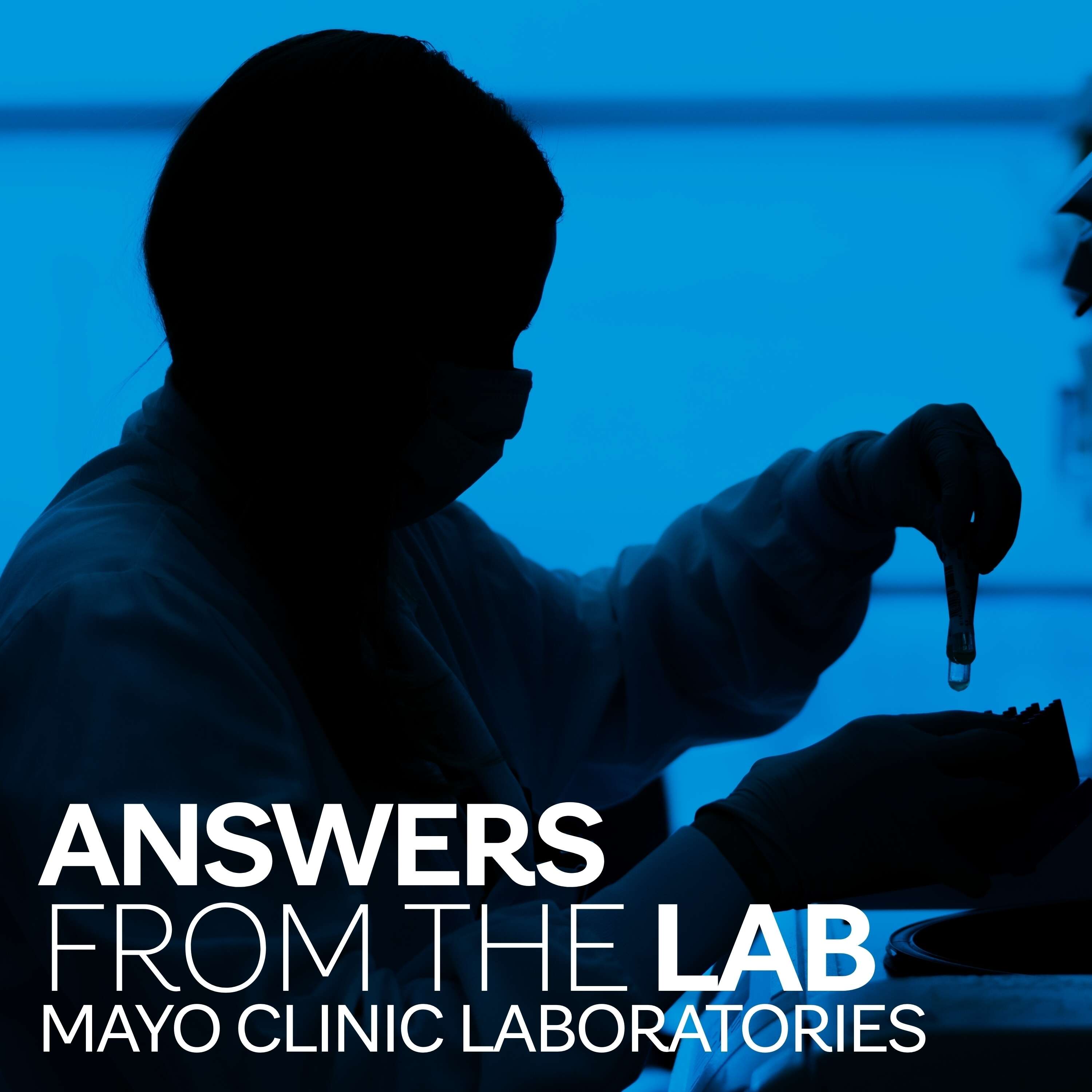Multigene panel provides efficient ataxia diagnosis: Angela Pickart, M.S., CGC, and Emily Lauer, M.S., CGC
Angela Pickart, M.S., CGC, and Emily Lauer, M.S., CGC, explain how Mayo Clinic Laboratories' multigene panel helps identify the cause of hereditary ataxia. Precise diagnosis of this complex movement disorder helps guide patient treatment and family screening.Show notes
Speaker 3: (00:31)
Can you tell us a little about yourselves and your backgrounds? Speaker 3: (01:33)
Why is genetic counseling so important to our doctors and patients? Speaker 3: (03:04)
Can you give a brief overview of hereditary ataxia? Speaker 3: (04:24)
Can you tell us more about Mayo Clinic's suite of molecular tests for various types of ataxia? Speaker 3: (08:03)
Are there any additional tests for hereditary ataxia at Mayo Clinic? Speaker 3: (09:05)When might a provider consider genetic testing for a patient? Speaker 3: (10:05)
Why is genetic testing important, and how are the results used?

